Considering employing someone in Brazil? One area you need to master is the local employee rights a worker residing there is entitled to. Here is a guide to employee rights in Brazil to help you understand what you need to comply with.

Considering employing someone in Poland? To do that compliantly, an employer has a lot of obligations they have to fulfil. One comprehensive and important topic is the set of local employee rights a remote worker in Poland is entitled to.
Below is a guide to employee rights in Poland to help you understand what you need to comply with. (You can read about employee rights in Australia, Brazil, Canada, Croatia, Ireland, France, the UK, Portugal, Germany, The Netherlands, Lithuania, and New Zealand).
To employ someone in Poland, you need to be a registered employer. To get a full overview of what employing someone in Poland would take and see all the obligations you will have as an employer, please read our Poland Country Guide. (For a more general list of what you need to do in every country to employ someone, check out this list).
Alternatively, you can work with an Employer of Record, such as Boundless, which will employ the worker on your behalf locally. That would spare you any registrations and ensure compliance with employment and tax law, all the while assuring harmonised experience for your employees there.
Regardless of the employment approach, all employees in Poland are entitled to the following employee rights.
There are three types of contracts in Poland - a trial period agreement (maximum three months), an indefinite period contract, and a definite period contract.
The purpose of a trial period contract is to check the employee's qualifications and employment possibility. It is possible to re-sign an employment contract for a trial period with the same employee:
A company can have a maximum of three consecutive definite period employment contracts with an employee, extending to a total of 33 months. If either limit is exceeded, the fixed-term employment transforms into an indefinite period employment contract. However, the two sides are allowed to exceed the limitations mentioned above if the fixed-term employment contract is signed for one of the following reasons:
Employment contracts must be in writing. Failure to sign a contract in writing is an offence by the employer which is punishable by a fine. The employer should inform the Social Security Institution about the new hire no later than seven days after employment starts. Further, the employer has to report a set of specific statements and forms to authorities.
Employment contracts must be in Polish. They may be bilingual as long as one of the languages is Polish. According to the Polish Labour Code, an employment contract must at least include the following terms:
The employer must also inform the employee of the following within seven days of the employment contract being executed:
If work regulations have not been adopted in the employing establishment, the information must also outline:
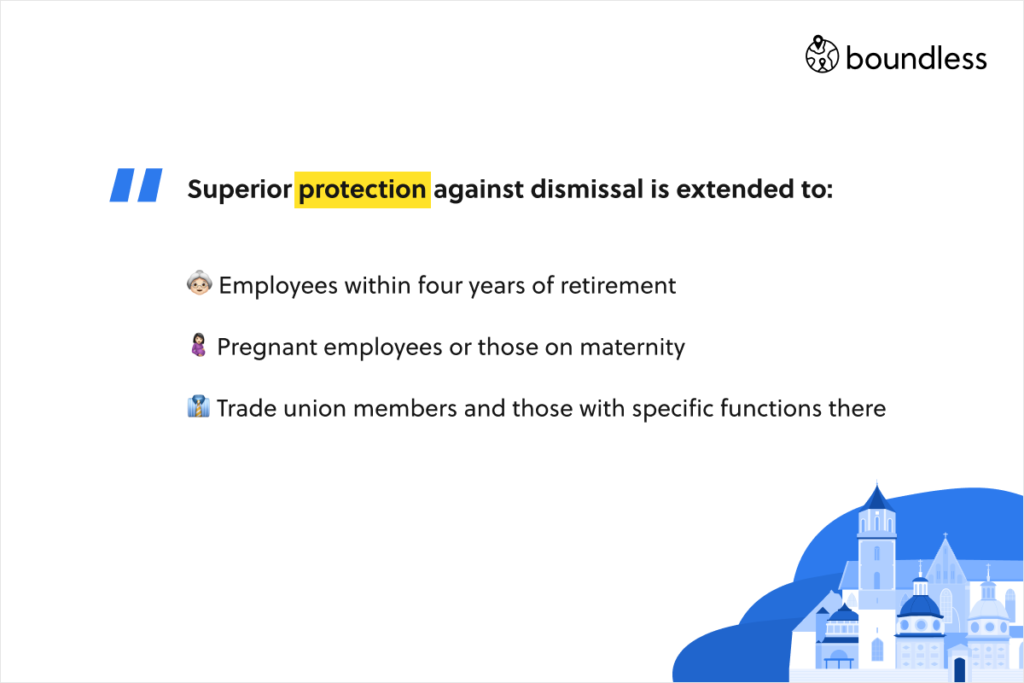
Employers must provide healthy and safe working conditions for their employees and have adequate knowledge of health & safety at work. The employer must provide an initial OHS training for employees (before they are allowed to work) and follow that with periodical sessions.
The employer is obliged to protect employees' health and wellbeing by ensuring appropriate health and safety conditions. Some of their obligations include:
Employees should not bear any of the health and safety costs.
An employer with 100+ employees must create health & safety at work service.
Rights of employees under OHS:
Employers should treat employees equally during hiring and dismissal, when receiving a promotion or training to improve professional qualifications or under any other employment terms and conditions, such as salary and work-related benefits.
In the event of a breach of non-discrimination regulations, an employee can claim compensation that cannot be lower than the minimum wage. The employer must prove that there was no discrimination.
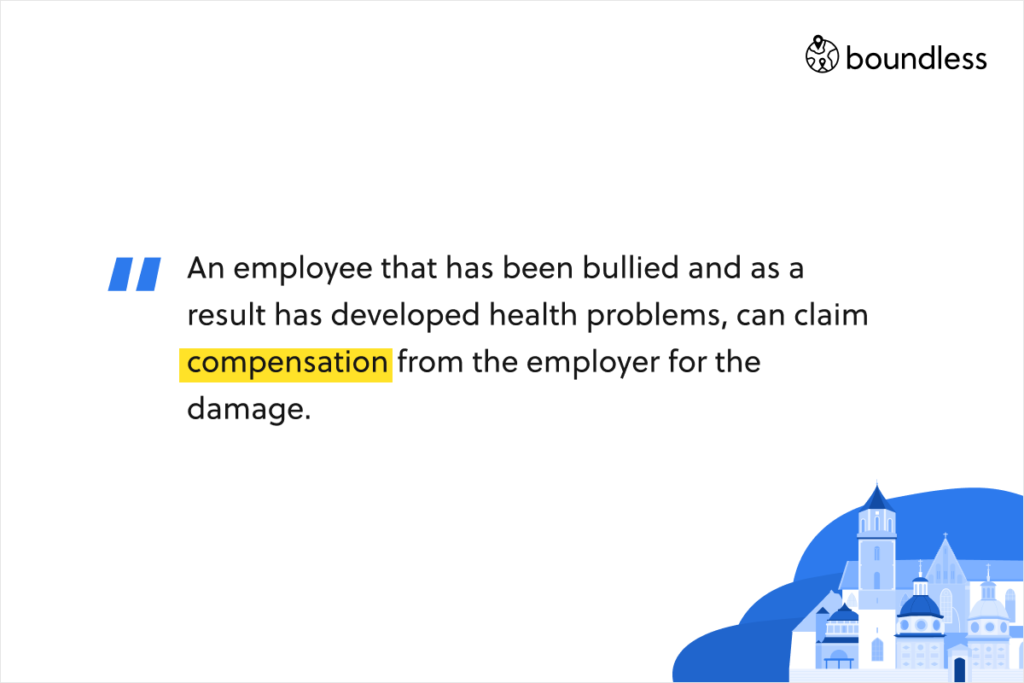
Employees are entitled to initial, periodic and follow-up medical examinations. The employer bears the medical examination costs and, if possible, should schedule them during work hours. Employees cannot start working without a valid medical certificate stating that there are no contraindications to working in a specific role.
Under the Polish Law, it is illegal to directly or indirectly discriminate an employee because of their gender, age, disability, race, religion, ethnic origin, nationality, sexual orientation, political or religious beliefs or trade union membership or in respect of the conditions of employment for a definite or an indefinite period, or full or part-time.
In the event of any harassment, employees enjoy similar protection and rights as discriminated employees. Sexual harassment may also result in criminal liability and lead to a fine or imprisonment. The employer must act against workplace bullying and other forms of violence in work.
An employee with health problems resulting from workplace bullying may claim compensation from the employer as a money equivalent for the damage sustained. An employee who has been bullied or who terminates their employment contract due to workplace bullying has the right to claim compensation from the employer that is no less than the minimum remuneration for work, as specified under separate provisions.
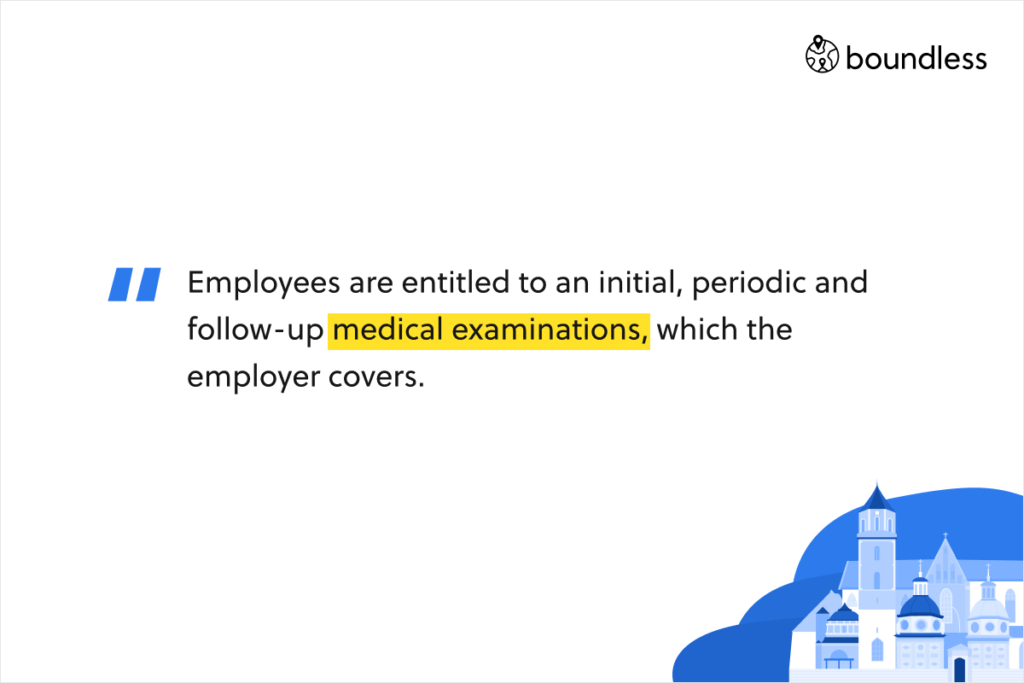
If the entire company or part of it is transferred to another organisation, some or all employees are automatically transferred to the new employer. In addition, the former and the new employer are jointly liable for the obligations arising from employment relationships created before the transfer date.
Within a year of the transfer date, the new employer must ensure that the transferred employees are covered by any collective labour agreements executed in the new employer's company.
Although transferred employees are generally entitled to the same working terms and conditions after the transfer, changes are allowed by Polish labour law. However, any changes, particularly those that are disadvantageous to the transferred employees, can only be made following the procedures laid down in the Labour Code. The transfer of the work establishment, or part of it, should not be the single or primary reason for the changes.
Employers need to state a valid reason to dismiss an employee on an indefinite period contract.
Moreover, certain types of employees have superior protection against termination during certain circumstances, including:
The Act regulating dismissals for reasons attributable to the employer, including collective dismissals, applies to employers with more than 20 employees. It comes with an obligation to pay severance.
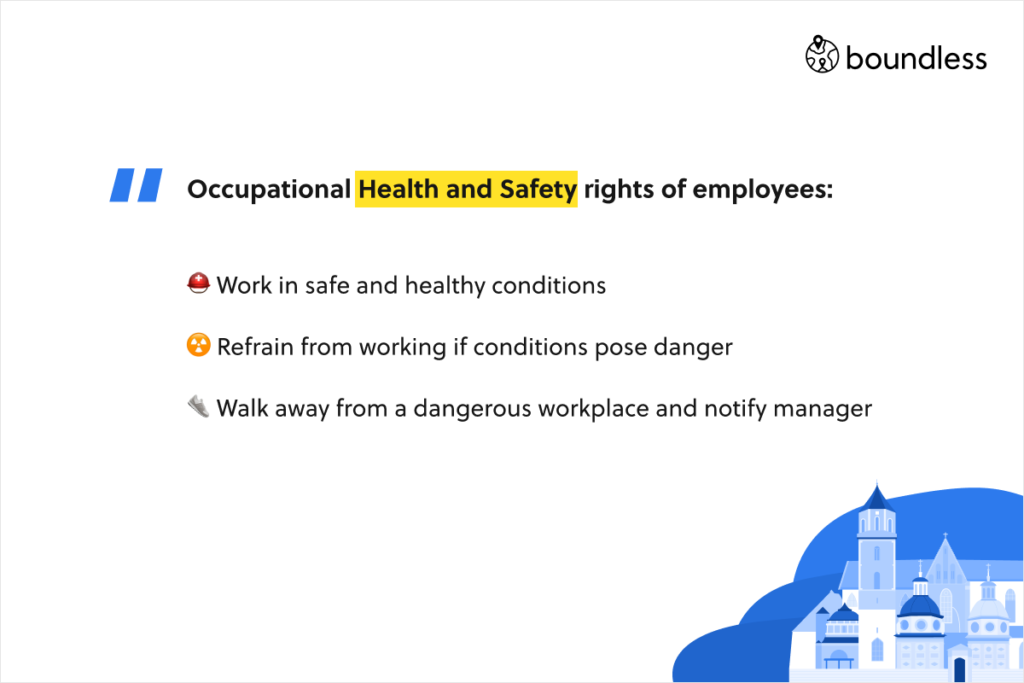
Employees should not bear any negative consequences of membership or non-membership in a trade union or for holding a function in one. In particular, this cannot constitute a condition for entering into an employment relationship, maintaining one, or being promoted.
The company trade union organisation has a lot of power and plays a critical function in the organisation. Its rights are vested in an organisation with at least ten members and covers:
PPK is a long-term savings system that allows employees to systematically accumulate capital for their retirement with the employers' and the state's support. It is a mandatory benefit that all employers must provide to employees, although employee participation is optional. An employee may at any time resign from making payments to the PPK by submitting a written declaration to their employer.
Want to see all benefits in Poland in a neatly packed visual way and see how leading employers augment these benefits? Download our Poland benefits benchmark infographic
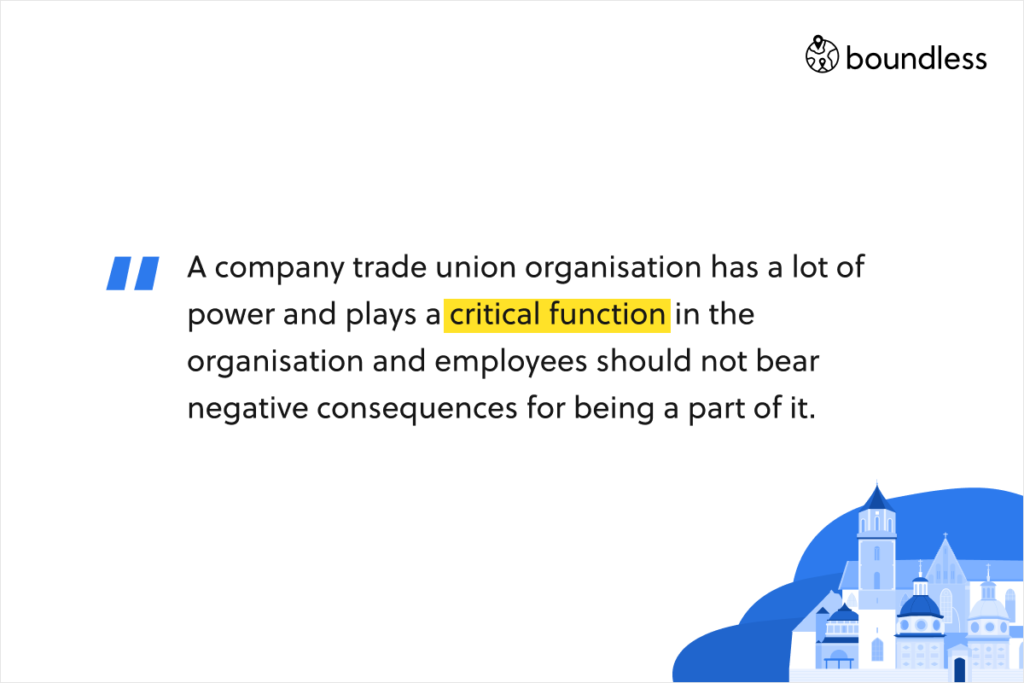
Adhering to employment law and employee rights in Poland will require a commitment to learning and working with a lot of local regulations. We are here to help you on that journey and take the time to make sense of complex legislative information, which we turn into easy to understand resources and comprehensive country guides (check our guide to Poland).
However, staying on top of Polish employment law may not be a top priority for you right now. That doesn’t mean you should give up on employing your next remote worker out of Poland or opt for hiring them as an independent contractor instead (which is a bad idea).
Boundless can help you employ anyone in Poland legally and hassle-free. We own and operate a Polish Professional Employer Organisation as part of our multi-country offering. Through the Employer of Record model, we act as the legal employer to your remote workers and take care of the many obligations that come with adhering to these employee rights in Poland. Learn more.

Considering employing someone in Brazil? One area you need to master is the local employee rights a worker residing there is entitled to. Here is a guide to employee rights in Brazil to help you understand what you need to comply with.
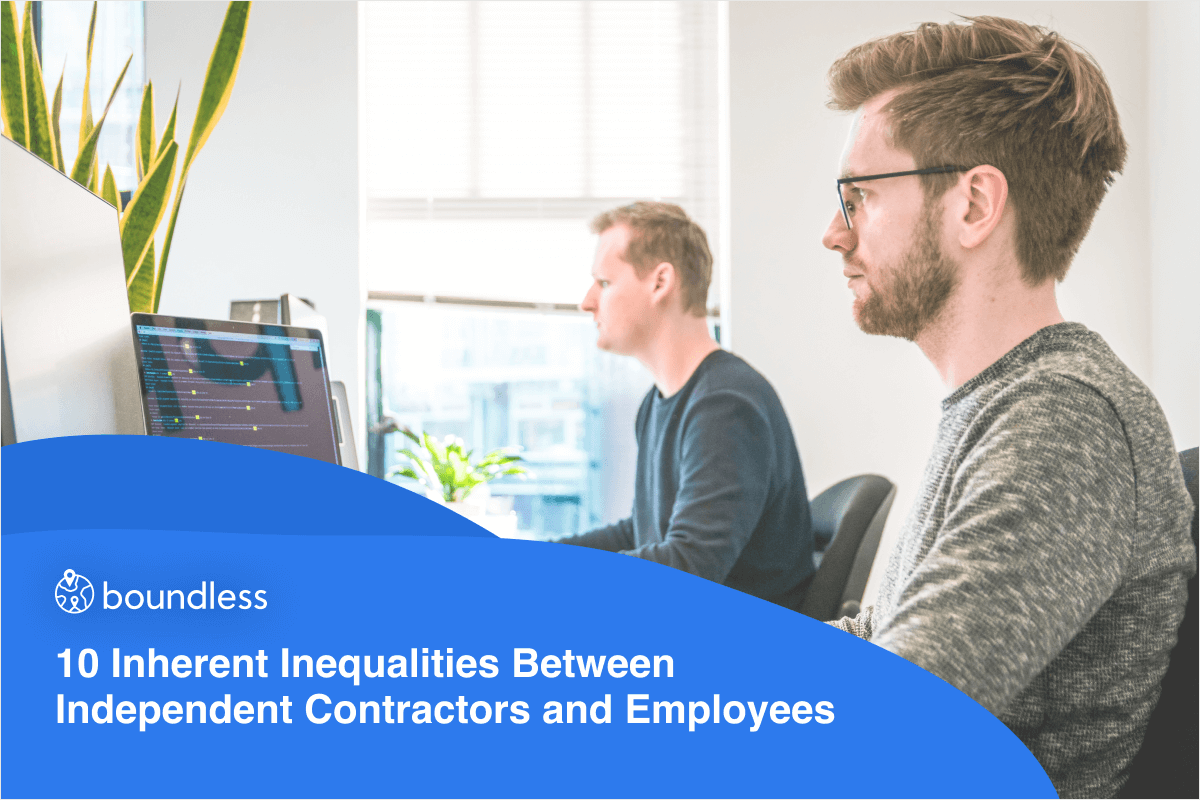
Working as independent contractors can leave people feeling like second class citizens in comparison to their properly employed counterparts. Still, it has to happen in a compliant and legal way, for the benefit of all.

For this guide to Ireland, we have gathered all the rules and regulations employers and employees need to comply with, and compiled the latest tax breaks and allowances that are in place.

The way we work is changing more rapidly than ever. As 2021 draws to an end, we thought we’d take the opportunity to reflect on the moments that have had the greatest bearing on the global employment.

As the world slowly tries to find its footing in this latest chapter of the COVID-19 story, making sense of how all that impacts the world of work feels almost impossible. In times like these, law can be a guiding light.

The Right to Disconnect in France was introduced in 2016 as part of a much bigger update on French employment law that aimed to bring much more flexibility, and make it more fit for purpose in an increasingly digital world.